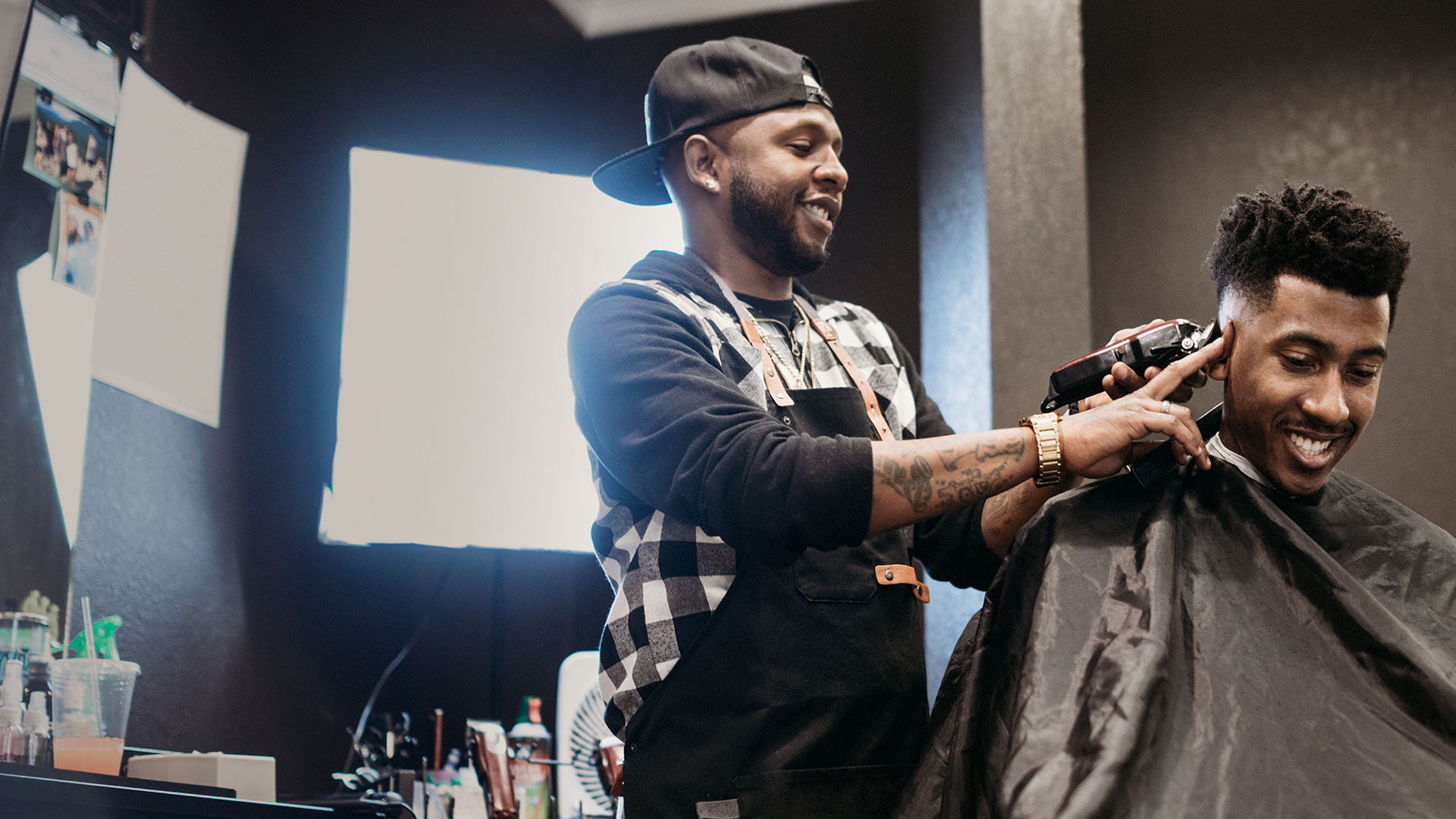After a few years working as a young professional, you may decide to start your own business. For many, it’s a long-held ambition and a logical next step – the culmination of many years of investing in your skills set and a milestone you’ve always planned to reach in your career.
Starting your own business will usually mean you need to recruit staff – either similarly qualified professionals to share the workload, or general office and production employees. That means holding interviews – a skill you may not have acquired yet, if you’ve never been involved in recruiting before.
It’s a skill you’ll need to learn, because it’s a task that you shouldn’t outsource to anyone else. Especially when you’ve started out as a small, one-person operation, it makes sense to hold in-person interviews with job seekers. You need to be sure you’re hiring the right candidate – one with the skills you need and a solid commitment to helping you build your new-born business.
An interview gives you a chance to look beyond the CVs of potential employees. It’s a chance to observe their personal interactions and work out whether they have the right skills for the job. It also gives you an insight into how they behave in a business environment – no matter how brilliant their CV might be, you need to be sure they will work well with you and the rest of your team.
Holding interviews doesn’t have to be a nightmare if you’re new to the process. Just follow these steps:
Preparing for interviews
1. Write a clear and complete job description
Create a specific outline of what you will need the candidate to do and include it in your advert. This lets prospective candidates know which skills they’ll need and will allow you to weed out unqualified applicants.
2. Set aside a time and place for the interviews
If you’ve been running your business solo so far, you may not be operating according to a strict diary with set times for your business procedures. You need to be a bit more rigid when setting up interviews. Block out enough time in your diary so that you can interview candidates with your full attention and no distractions from other business issues. Likewise, choose a location where you can be undisturbed, like a boardroom (or, if you run your business from home, a quiet room rather than your office). That way, both you and the candidate can focus on the interview.
3. Read CVs carefully
You should already have read all CVs submitted, to shortlist the applicants to interview. Now go through the interviewee CVs again, to learn a bit more about each candidate’s personal history. This could yield some useful questions and discussion topics for the interview.
4. Write down some specific questions to ask each candidate
You’ll be tailoring your questions according to each candidate’s personal history, but you should also have a list of standard questions to ask every candidate. You can then compare answers from multiple applicants to see who aligns with your plans best. But bear in mind that all these questions are merely to guide your chat – you’re really trying to ‘get a feel’ for how each applicant thinks and works. Feel free to ask one-off questions and take the conversation into non-business topics.
Conducting the interview
1. Introduce yourself
Greeting candidates warmly shows respect and helps to put them at ease. Offering them something to drink gives you the chance for a little small talk to help them relax. You can break the ice by telling them something about yourself, your journey as a young professional and your vision for the company.
Never give anyone the impression that they have been hired already
2. Set the stage
Make it clear what applicants can expect in the interview. Lower their stress levels by telling them the type of questions you plan to ask. Be professional and at ease. Just like you’re watching their every move, so they are studying yours. Don’t be too casual, as it may give the impression that you’re not taking the interview seriously. And if you’re a bundle of nerves, the candidate may get more nervous too. You should reflect the image and values of your business in the interview – calm, professional, friendly, and engaging.
3. Review the job
Explain what the job requires in greater detail, so the candidate can demonstrate that they meet all the requirements. Spell out what the core duties and responsibilities and working hours will be, and whether the job is temporary, permanent or a fixed-term contract.
4. Kick off with general questions
Ask a few questions about their background and their interest in the position. Explore how they see themselves in relation to the job, and how they see it advancing their career growth.
5. Review their CV
Ask questions about specific jobs on their CV that relate to the position you’re trying to fill. Find out what their responsibilities were, what they managed to accomplish and how they managed to handle pressure. Ask them to explain any gaps in their education or employment history. Find out why they left their last job, or why they want to change jobs now. Most importantly, make sure that the person you are talking to projects the same image as the person who sent you the CV. Are you happy with their mannerisms, their body language and tone of voice? Do they project reliability and professionalism?
6. Be prepared to answer a few questions
Towards the end of the interview, encourage candidates to ask you questions. Clear, confident answers will help a candidate see you as a business they’d like to work for. Your answers can also help you to clarify your expectations and explain why you think working for your company will be a positive career step.
7. Avoid any misunderstandings
Wrap up the interview by explaining clearly when and how the candidate can expect to hear from you regarding the job. Depending on the number of applicants you interview, you may only want to contact the successful candidate with a job offer. In that case, make it clear at the end of the interview that not hearing from you by a set date will indicate that their application wasn’t successful.
Never give anyone the impression that they have been hired already – even if you give them a tour of the workplace. No matter how impressive they may have been, make it clear that a decision is yet to be taken. You’ll want to complete all your scheduled interviews and spend some time comparing all the applicants to make the right choice.
Nedbank offers a range of business services, accounts and expert financial advice to businesses of all sizes. You can also find guidance on building your career and starting your own business in our Young Professionals Toolkit.








